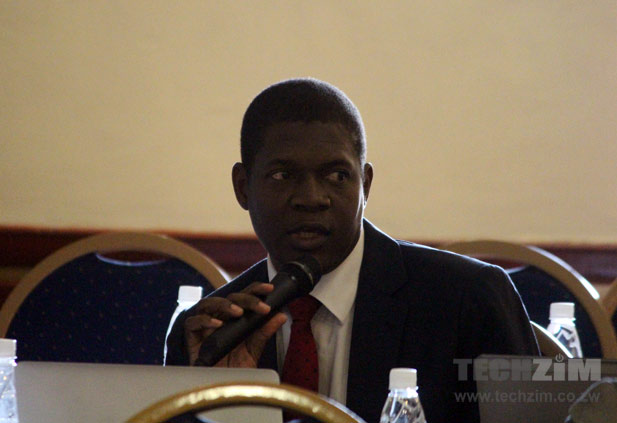EcoCash users will likely find an additional reason to use their mobile money service as the Reserve Bank of Zimbabwe (RBZ) is reportedly working with EcoCash to revise down Ecocash’s transaction fees. This is according to Vice President, Constantino Chiwenga. Speaking at Gwanzura Stadium, the Vice President said;
We hear you on the issue of EcoCash rates and we assure you that we are working on it. The money that is being given to pensioners is a very small amount and we want that amount to be increased. We are talking with the Reserve Bank to reduce the rates
The Vice President seemed to have been saying that the prevailing EcoCash charges are eating away pensioners “small amounts” of pensions. While transaction fees could be something pensioners are crying over, rather I think they are crying over the illegal fees of withdrawing cash from Ecocash.
Meanwhile, EcoCash is already (and arbitrarily) planning to reduce planning transactions fees this year. Since reducing the transaction fees was already in Ecocash’s pipeline, I expect that RBZ is consulting Ecocash rather just impose new fees it sees fit. Usually, RBZ consults mobile money platforms, however, it has the ultimate say (which is more or less an imposition) whether the MNO’s agree with its proposals or not.
Although the reduction of transaction fees may hit Ecocash’s top line (revenue), this could possibly be offset by an influx of new customers who will be attracted to the new reduced transaction fees.
Why just EcoCash?
Ecocash is the most used mobile money wallet, with over 8 million Zimbabweans registered on the platform. Hence the reduction of its charges has substantial and widespread impacts. The current crop of pensioners is distrustful of keeping their money with banks because they witnessed (and were affected) by the closure of many banks over a decade ago. Accordingly, I think many pensioners are using mobile money services, particularly and disproportionately Ecocash. So, the reduction of Ecocash’s transaction charges will somewhat prolong the existence of their already “small amount(s)” of pensions they are earning.













